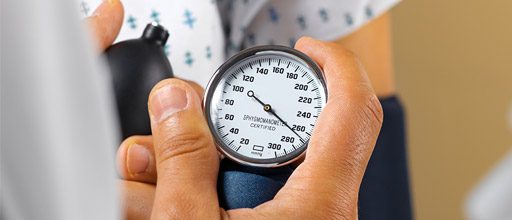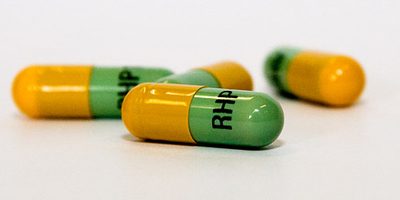
Polypill could save Government millions a year
The Australian health system could save millions of dollars a year using a multi-pill that combines heart, stroke, blood pressure and cholesterol medications, researchers have found.
The study, published in the Medical Journal of Australia today, evaluated the costs of the polypill versus the usual care common with people who have established cardiovascular disease (CVD) during and Australian trial.
The study found that the costs associated with the four-in-one polypill are “significantly lower” than purchasing multiple individual medications.
The average cost of usual CVD treatments was $1.70/day at the time the trial was conducted in 2012. Since a polypill price could be $1/day or less, it could save the health system save millions of dollars per year.
Heart disease is Australia’s biggest killer, claiming the life of one Australian every 12 minutes, and over a million Australians have heart disease or a similarly high risk condition.
Study leader Tracey-Lea Laba of The George Institute for Global Health and The University of Sydney, said: “The cost of treating cardiovascular diseases is substantial and places a significant burden on the Australian healthcare budget. Statins in particular have been the biggest PBS item for several years, as they are fairly expensive here and taken by over two million Australians”
“Although many cost-effective medicines are available, they are not always prescribed to patients or are not always taken as recommended. This means we are probably not getting all of the benefits from the medicines that we expect.”
The study proposes that medications like the polypill can be one such strategy in reducing costs while providing a safe and effective treatment option for patients.
“This polypill has the potential to not only help address the large treatment gaps that exist in CVD in Australia, but also free up considerable amounts of pharmaceutical expenditure for use in other areas.”
According to the study though, one hurdle in instituting the four-in-one polypill is introducing this relatively new approach to doctors in a cost-effective way
“Investments will be required in order to bring about practise change for this relatively new way of treating patients,” said Dr Laba.
Anthony Rodgers, a Professor in Global Health from The George Institute and The University of Sydney, said polypills were different to combination products. “Combination products have sometimes been used as a way to maintain high prices when patents start to expire. Agencies like the Pharmaceutical Benefits Scheme that subsidise medication around the world, are justifiably antagonistic to this practice.
“The Polypill is different, in that the intention is to ensure the product is affordable. “
Previous research by The George Institute, using more than 3,000 patients around the world, found that a polypill improved adherence rates (people taking their medication as directed) by more than 30% compared to normal regimes.
That research was carried out before TGI secured the licence for the polypill that it currently holds.
Professor Rodgers said: “The George Institute for Global Health, a not-for-profit research organisation, secured an exclusive global license for the fixed dose combination therapy used in this trial in Nov 2012, following a decision by Dr Reddy’s Laboratories Ltd not to proceed with taking the products to market because of existing regulatory requirements.”
“We believed the product could have clinical benefit in undertreated people, and save health costs, and so we thought it important to help bring it to market with a new manufacturer, after the original one moved on.”







